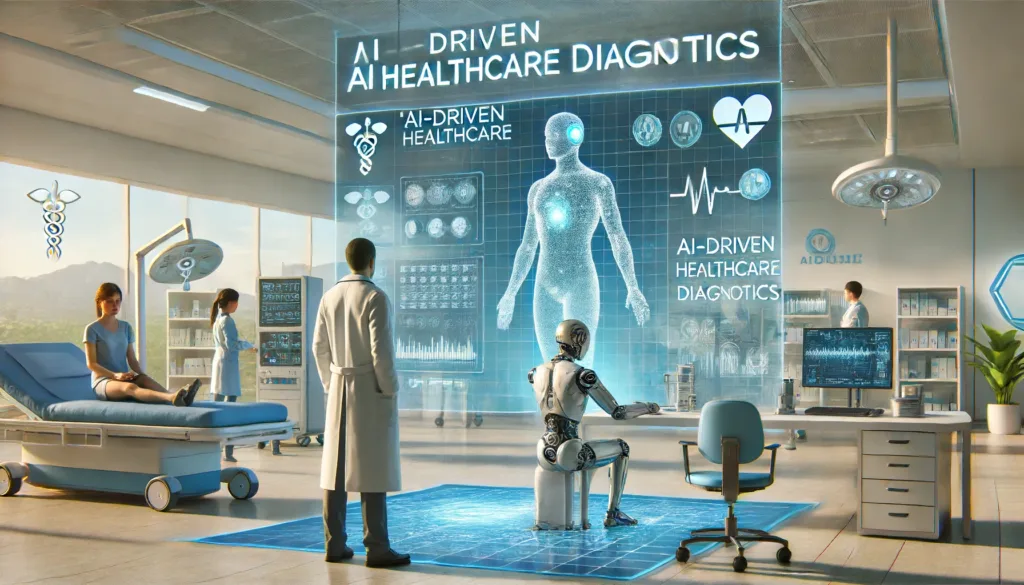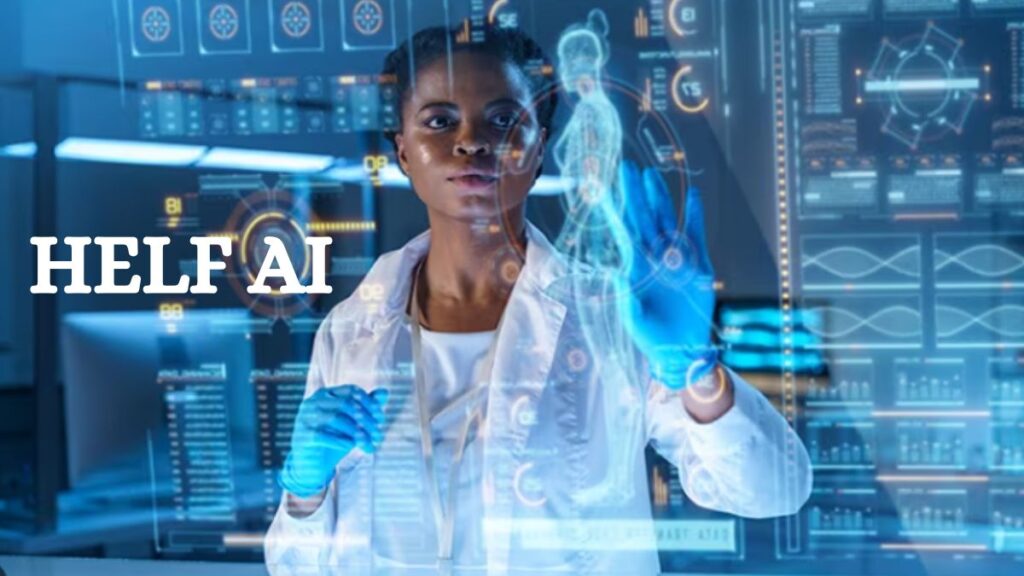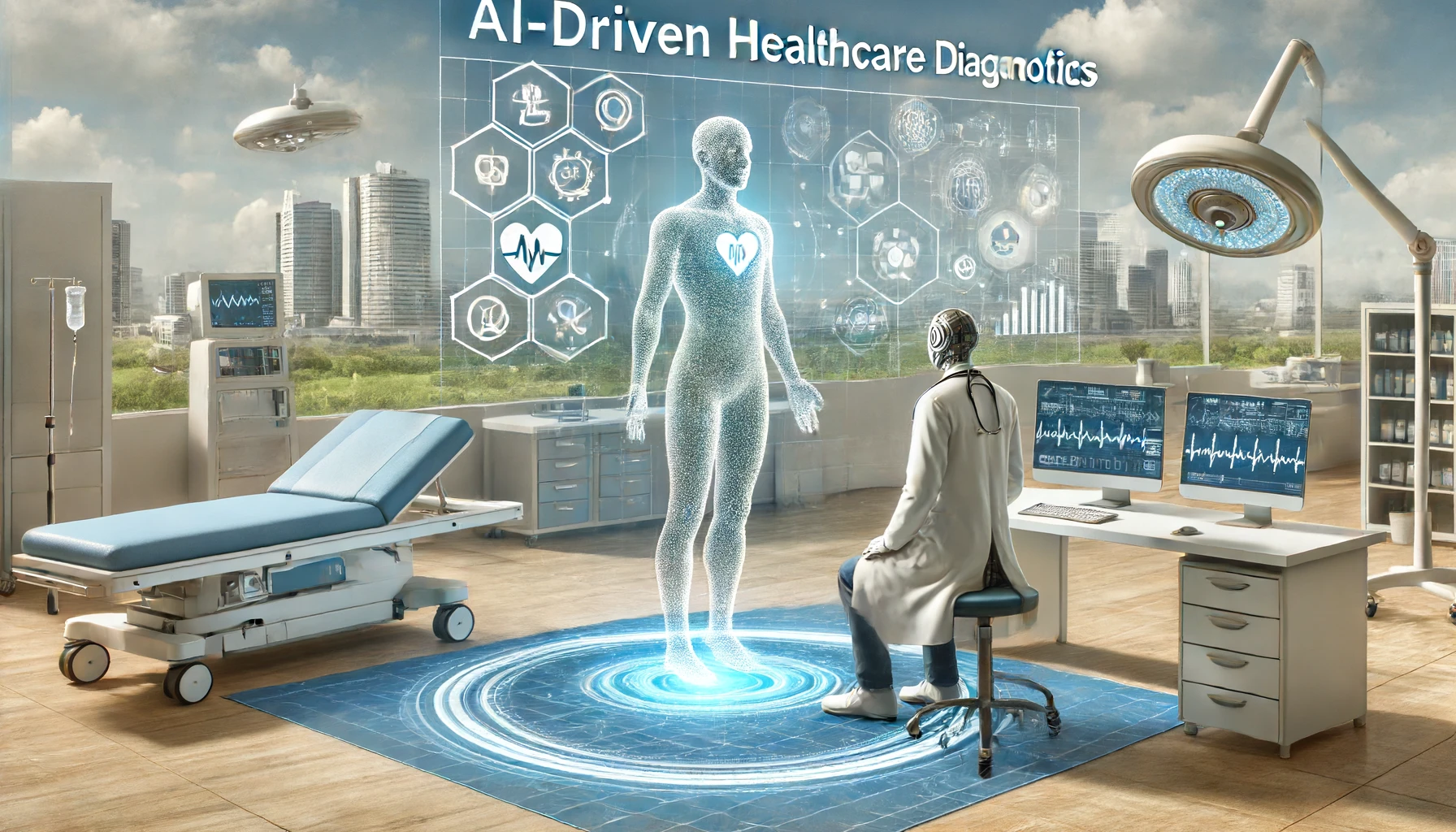Table Of Content
Artificial Intelligence (AI) is reshaping healthcare diagnostics, offering tools that enhance the precision and efficiency of medical assessments for AI-driven Healthcare Diagnostics. Originally, AI aimed to replicate human cognitive functions. Now, it excels in tasks requiring complex data analysis such as medical diagnostics, where it interprets vast arrays of patient data, enhancing diagnostic accuracy and efficiency. This technological evolution began with simple systems in the mid-20th century and has advanced to sophisticated applications capable of outperforming medical professionals in diagnostic accuracy.
How AI-driven Healthcare Diagnostics Processes work
AI’s integration into healthcare diagnostics has turned it into a cornerstone for modern medical processes, significantly improving outcomes across various domains. By analyzing a diverse mix of patient biometrics, images, medical records, and other clinical inputs, AI supports healthcare professionals by enabling quicker, more accurate decision-making. This capability is crucial in conditions requiring rapid responses, such as acute illnesses, where AI’s ability to process information swiftly can be life-saving. Moreover, AI applications in diagnostics reduce the likelihood of human error, offering a consistency that is hard to achieve manually.
AI and Personalized Medicine
One of the most significant benefits of AI in healthcare diagnostics is its role in personalizing patient care. By utilizing algorithms that analyze detailed data, AI can identify subtle health patterns that might be overlooked by humans. This aspect is especially beneficial in early disease detection, where recognizing minute anomalies can lead to timely intervention, significantly altering patient outcomes. Additionally, AI’s analytical prowess allows for tailored treatment plans that consider individual patient characteristics, potentially revolutionizing treatment efficacy and patient satisfaction.

Challenges and Future Prospects
Despite the many benefits you can find in AI-driven Healthcare Diagnostics, the integration of AI in healthcare diagnostics is not without challenges. These include data privacy concerns, the need for robust data sets to train AI models, and the potential for technological errors. However, as technology progresses, these issues are increasingly being addressed through improved algorithms, better security practices, and enhanced regulatory measures. Looking ahead, AI is set to become an indispensable tool in healthcare, with ongoing advancements promising even greater improvements in diagnostic accuracy and patient care.
We Recommend


